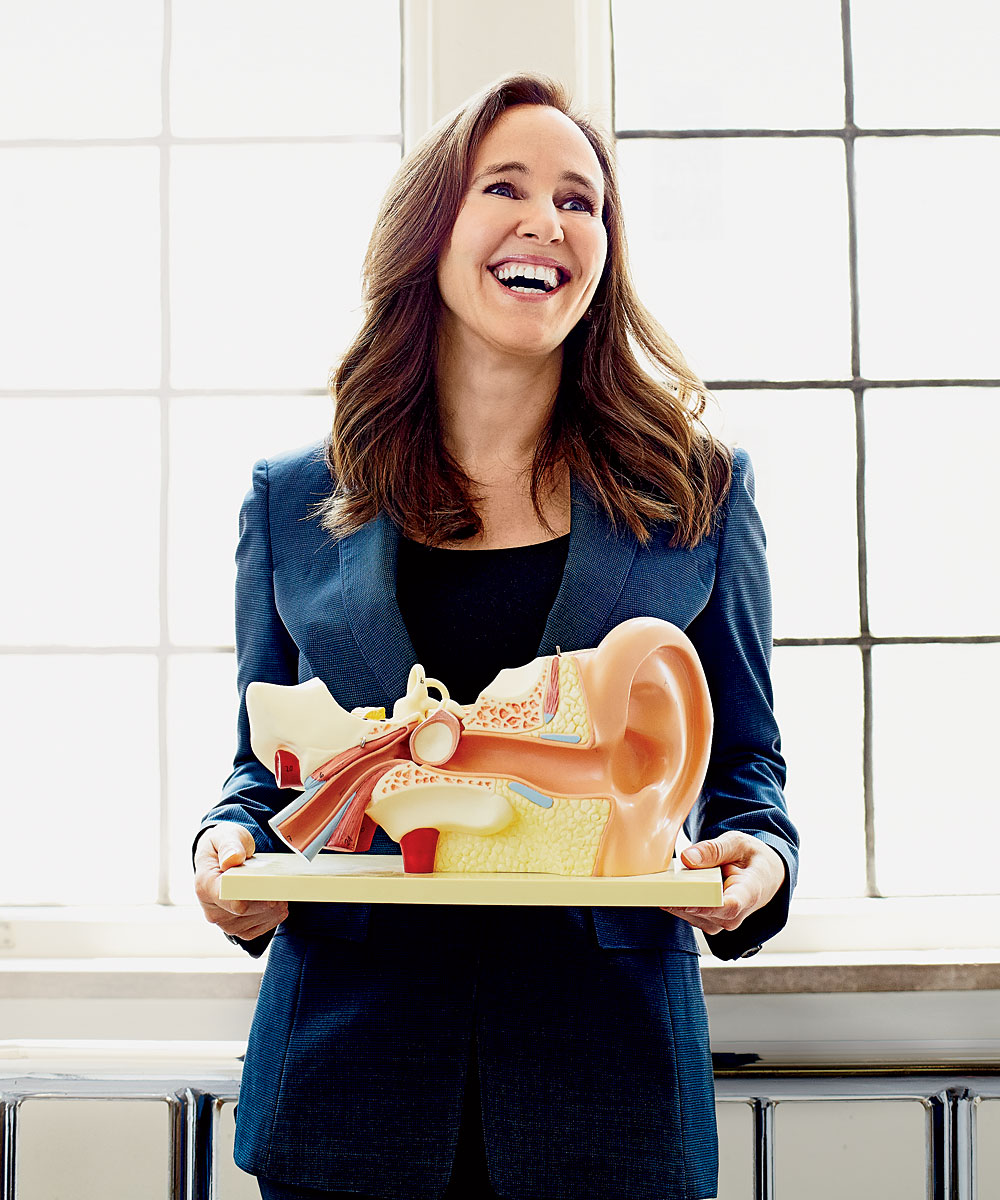How did working as a cochlear implant surgeon lead to Thirty Million Words: Building a Child’s Brain [published September 8]?
Cochlear implants are a miraculous technology that allows a child born deaf the ability to hear and talk. Soon after I started the University of Chicago’s pediatric cochlear implant program nine years ago, I started noticing profound differences among my patients. Some would be talking, reading on par with their hearing peers, and others would barely be able to communicate. And that difference almost always fell along socioeconomic lines.
Which brought you to a University of Kansas study that showed that by age four, kids from wealthy families had heard 30 million more words than kids from low-income families. What’s the significance of that?
It was one of the first studies that really demonstrated the impact of differences in language exposure on children’s brain development and educational trajectories. Just those differences in the first three years predicted differences not just in children’s vocabulary, with children born into low-income homes having half the vocabulary of their more affluent peers, but differences in test scores, differences in IQs.
What’s your advice to parents?
The three Ts: tune in, talk more, take turns. You can have conversations with your baby from day one. Their response can be not just real words, but gurgles, eye contact. All these nonverbal cues are conversations. Getting your baby engaged is what is going to help him or her practice to have real-world conversations.
Why doesn’t television work?
Our brain is a social brain. The whole point of language developing was to connect with other human beings. The problem with television is that it’s not responsive. A recent study showed that Skype—like babies Skyping with grandparents—works. Why? Because it responds to the cues of the child.
How can parents build such practices into their day-to-day lives?
Well, if you say, “Put your shoes on,” that’s four words, there’s no conversation, and you haven’t tuned in. Instead, say, “Oh, we’re going to the park! What do we do now? Get your shoes.”
My mother does this. When she changes my daughter’s diaper, she narrates the process.
It looks so throwaway, doesn’t it? But now you know that it’s growing your baby’s brain.



